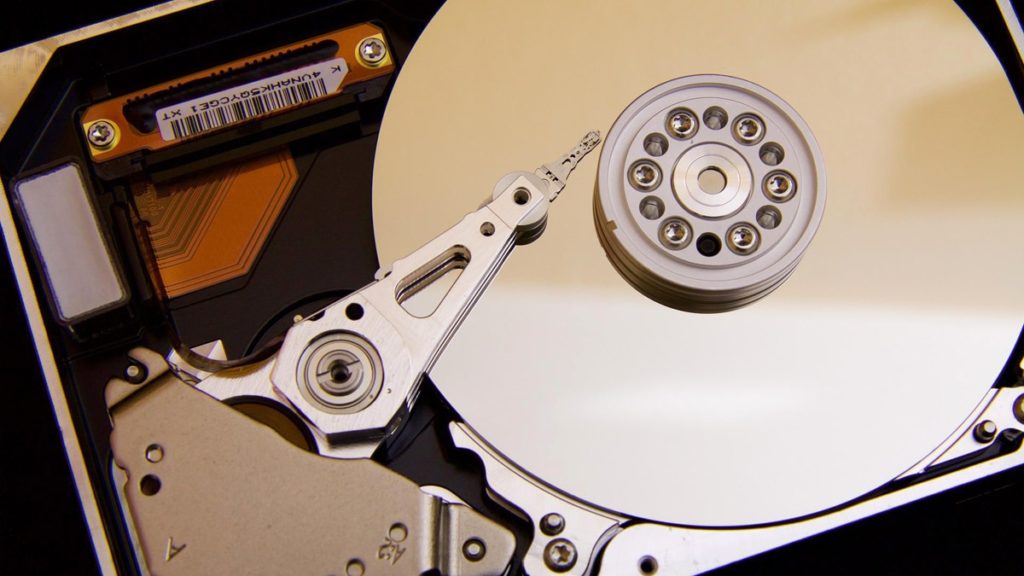
A new report from TRENDFOCUS shows that HDD shipments continue to plummet throughout 2022 reaching historic lows for the decades-old storage format. Combined totals from three of the industry’s biggest manufacturers show a decline upwards of 46.5 million units or a rough average of 45 million units in 2Q22. The largest drop occurred with 2.5-inch drives where orders were estimated to have dropped by as much as 40% quarter to quarter. Shipment numbers for 3.5-inch drives have mostly held flat with only a minor drop in the Enterprise sector but did show a lessened OEM demand.
| Vendor | HDDs in million | Q/Q change | Y/Y change | Market share |
| Seagate | 19.80 – 20.60 | -13.8 – -10.4% | -29.7% – -26.9% | 44.7%- 44.3% |
| Toshiba | 8.00 – 8.60 | -20.2% – -14.3% | -42.8% – -38.5% | 18.1% – 18.5% |
| WDC | 16.50 – 17.30 | -16.5% – -12.4% | -34.6% – -31.4% | 37.2% – 37.2% |
| TOTAL | 44.30-46.50 | -16.0% – -11.9% | -34.2% – -31.0% |
A softening PC market along with a shift to flash-based technology is largely attributed to the decline in HDD sales. A recent executive brief from Microsoft directed OEMs to stop using hard drives as the boot drive which will likely push the number of HDD shipments even lower by 2023. Consumers continue to have access to larger storage capacities with HDDs but the advantages of SSDs often meet the needs of the majority of home users.
Source: Storage Newsletter (via Toms Hardware)
